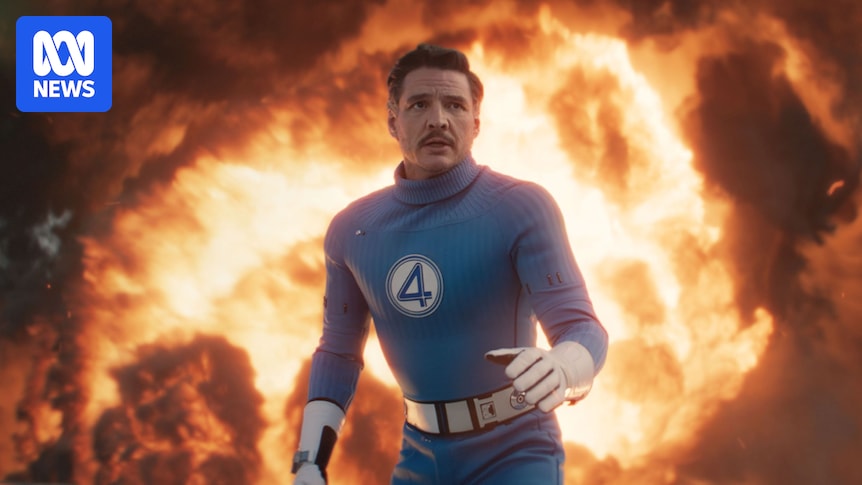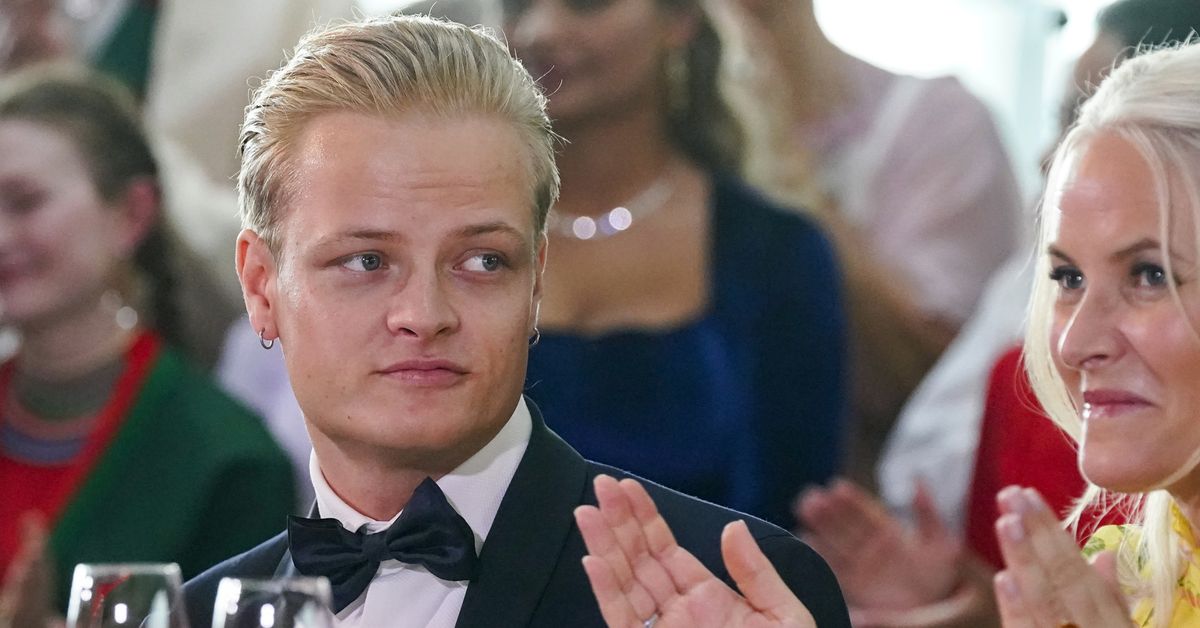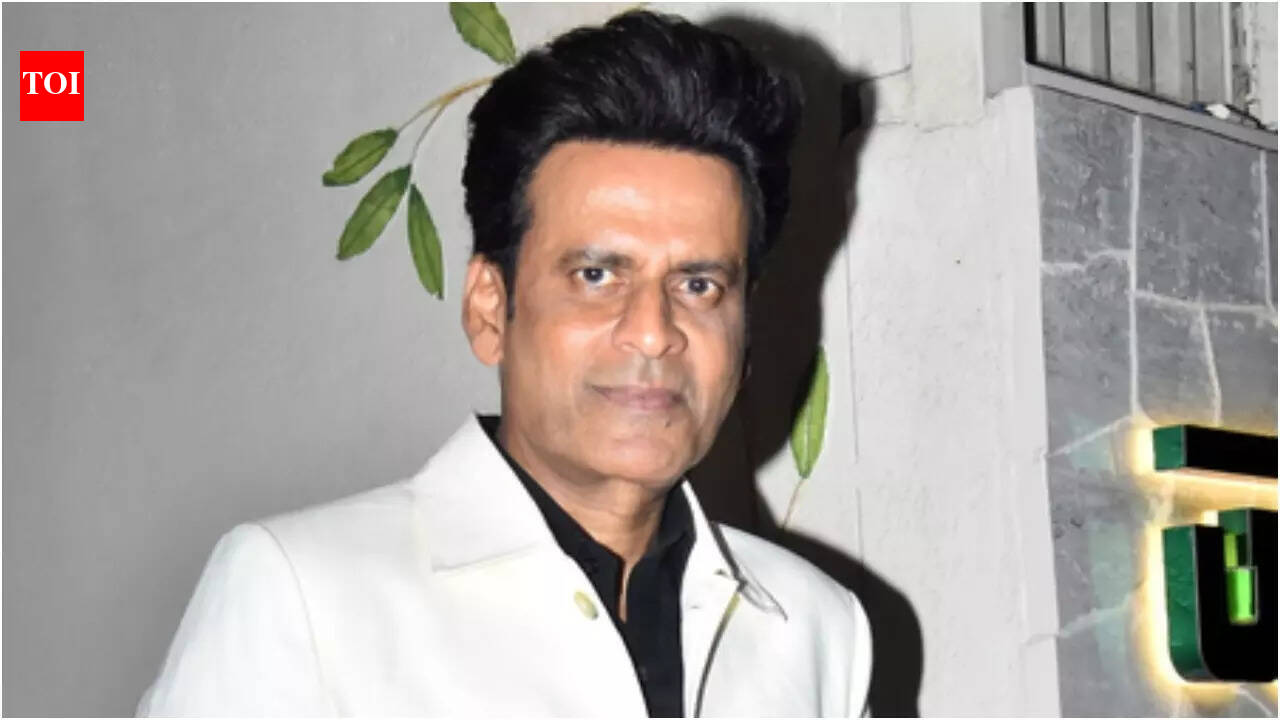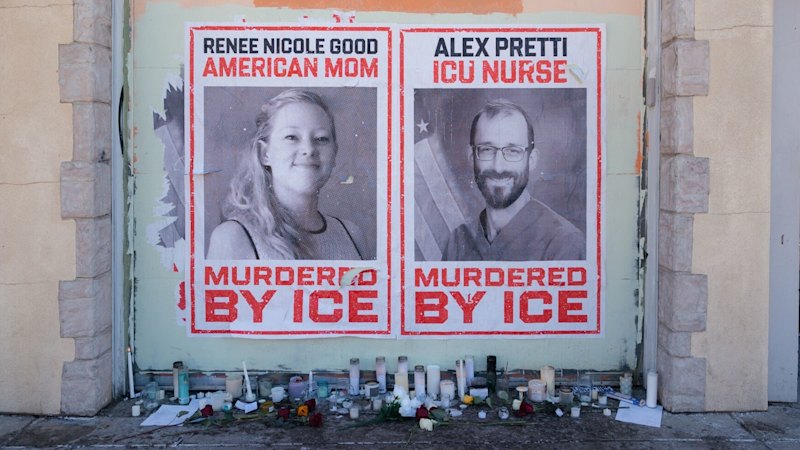
In an era when superhero films are tasked with more than just saving the world, Fantastic Four: First Steps aims to rejuvenate a genre that has become both a cultural staple and a financial juggernaut. Released as the 37th installment of the Marvel Cinematic Universe (MCU), this film marks the beginning of its sixth phase, a categorization that has become increasingly ambiguous.
Directed by Matt Shakman, Fantastic Four: First Steps introduces audiences to a team of super-powered scientists who must thwart a planet-eating threat. Starring Pedro Pascal, Vanessa Kirby, Joseph Quinn, and Ebon Moss-Bachrach, the film is now playing in cinemas, though it may leave viewers feeling less than optimistic.
A Nostalgic Return to Heroics
The film’s release coincides with a broader trend in superhero cinema, where studios are revisiting old-school heroics while attempting to refresh their franchises. Much like the recent reintroduction of Superman, Fantastic Four seeks to start anew, shedding the baggage of past cinematic missteps and declining box-office numbers.
Set in a utopian 1960s dimension parallel to the current MCU continuity, the film’s aesthetic is one of its standout features. Production designer Kasra Farahani crafts a vibrant, space-age world filled with monorails, tube TVs, and flying cars, capturing the playful optimism of the era.
Character Dynamics and Plot
In this alternate universe, the Fantastic Four are not only superheroes but also the world’s primary governing body. Their powers, acquired during a cosmic ray exposure, have transformed them into formidable figures. Reed Richards (Pedro Pascal) becomes a shape-shifter, Sue Storm (Vanessa Kirby) gains invisibility and force field abilities, Johnny Storm (Joseph Quinn) ignites as the Human Torch, and Ben Grimm (Ebon Moss-Bachrach) turns into a sentient rock pile.
The film opens with a personal revelation: Sue Storm is pregnant, adding a layer of familial responsibility to their superhero duties. However, the joy is short-lived as the team faces a new threat from the Silver Surfer (Julia Garner), a herald of the planet-devouring Galactus (Ralph Ineson).
Balancing Family and Heroism
The narrative explores themes of parenthood and protection, with Reed Richards grappling with the anxiety of raising a child in a world filled with dangers. This tension is heightened when the team must confront Galactus, a battle that could cost them Sue’s unborn child.
“Use this time to rejoice and celebrate, for your time is short,” advises the Silver Surfer, foreshadowing the impending crisis.
While the film attempts to delve into these mature themes, it struggles to balance them with the fast-paced demands of a superhero blockbuster. Critics have noted the film’s tendency to gloss over character development in favor of spectacle.
Critique and Cultural Context
Despite its visual flair, Fantastic Four: First Steps has been critiqued for its lack of emotional depth. The film’s dialogue, peppered with modern banter, clashes with its 60s setting, while its reliance on digital effects detracts from the imaginative use of the team’s powers.
Moreover, the film’s focus on the nuclear family has sparked debate. Some argue that it presents a regressive view of heroism, prioritizing familial bonds over global responsibilities. This perspective is at odds with earlier superhero narratives that questioned the implications of vigilantism.
“She has this mysterious energy about her,” Julia Garner said of her role as the Silver Surfer, highlighting the enigmatic allure of her character.
The Future of the Marvel Cinematic Universe
The release of Fantastic Four: First Steps raises questions about the future direction of the MCU. As the franchise continues to expand, there is a growing need to innovate while staying true to its roots. The film’s attempt to blend nostalgia with new storytelling elements reflects this challenge.
Ultimately, Fantastic Four: First Steps serves as a reminder of the complexities involved in adapting comic book lore for the big screen. While it offers a fresh visual take on the superhero genre, it underscores the difficulty of balancing spectacle with substance.
As the MCU progresses, it will be crucial for future installments to address these challenges, ensuring that the franchise remains both relevant and resonant with audiences worldwide.







